
Global marketplaces emerge as a pivotal platform for businesses looking to source t-shirts in mass quantities. They host a diverse range of suppliers offering various t-shirt options suitable for different market needs. From classic styles to contemporary streetwear, these platforms cater to a broad spectrum of design preferences, including oversized, vintage, and sporty selections. The availability of customization services allows buyers to procure t-shirts that align with specific branding requirements, such as custom logos, graphic prints, and embroidery.
The materials used in these t-shirts are chosen for their durability and comfort, with options like combed cotton, Pima cotton, and cotton blends being prevalent. This selection ensures that businesses can find products that meet their quality standards and customer expectations. Furthermore, the connection with manufacturers from various regions highlights international sourcing capabilities, providing buyers with access to global trends and manufacturing strengths.
In terms of production, suppliers offer detailed information on their manufacturing processes, ensuring transparency and reliability. The emphasis on quality control measures is evident, as suppliers often highlight their commitment to delivering well-crafted products. This focus on quality, combined with the comprehensive range of t-shirts available, positions these platforms as a significant source for businesses looking to stock up on casual, sporty, or workwear t-shirts in bulk.


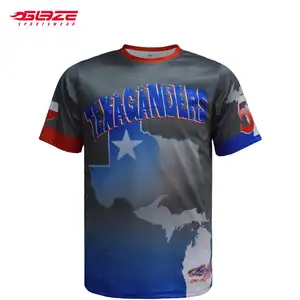






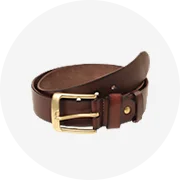

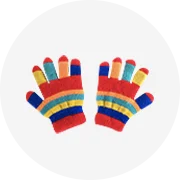
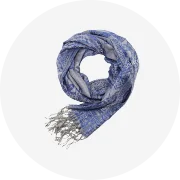


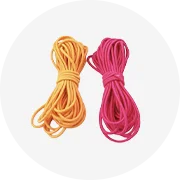




















 浙公网安备 33010002000092号
浙公网安备 33010002000092号 浙B2-20120091-4
浙B2-20120091-4